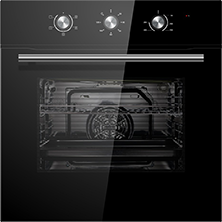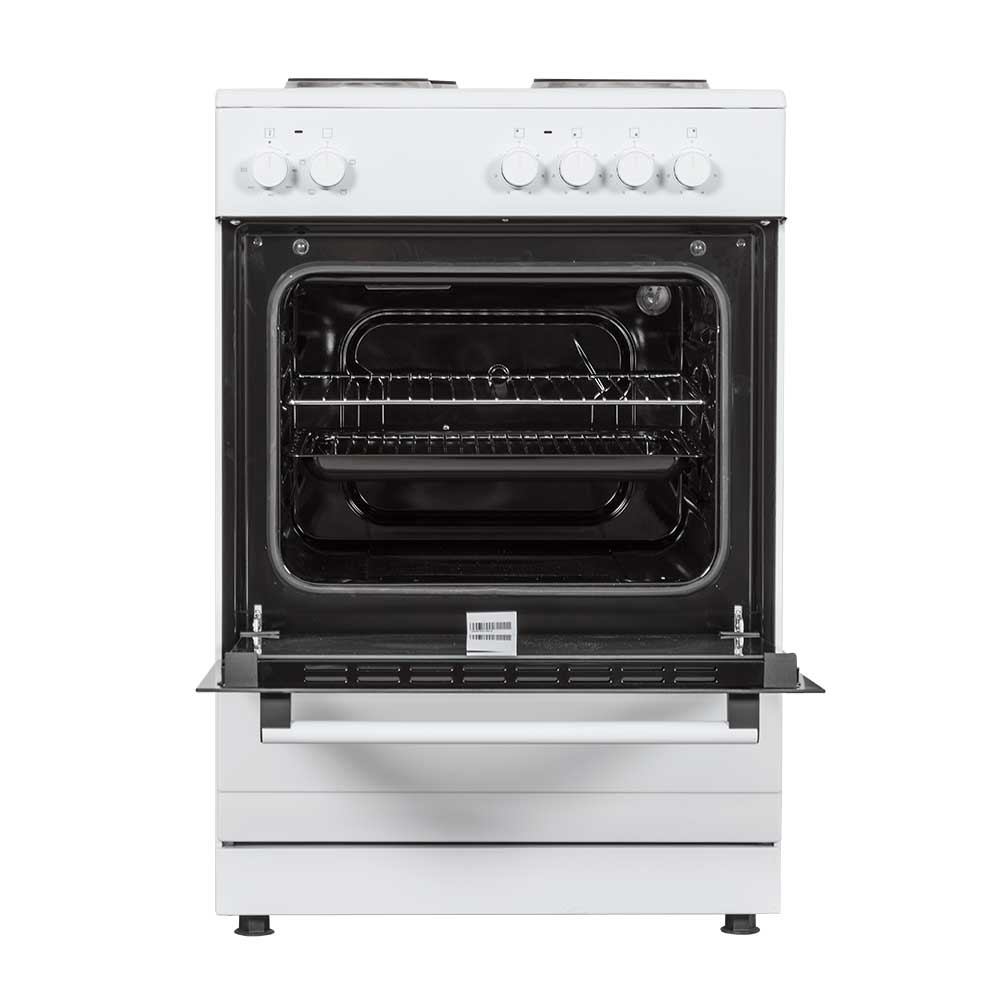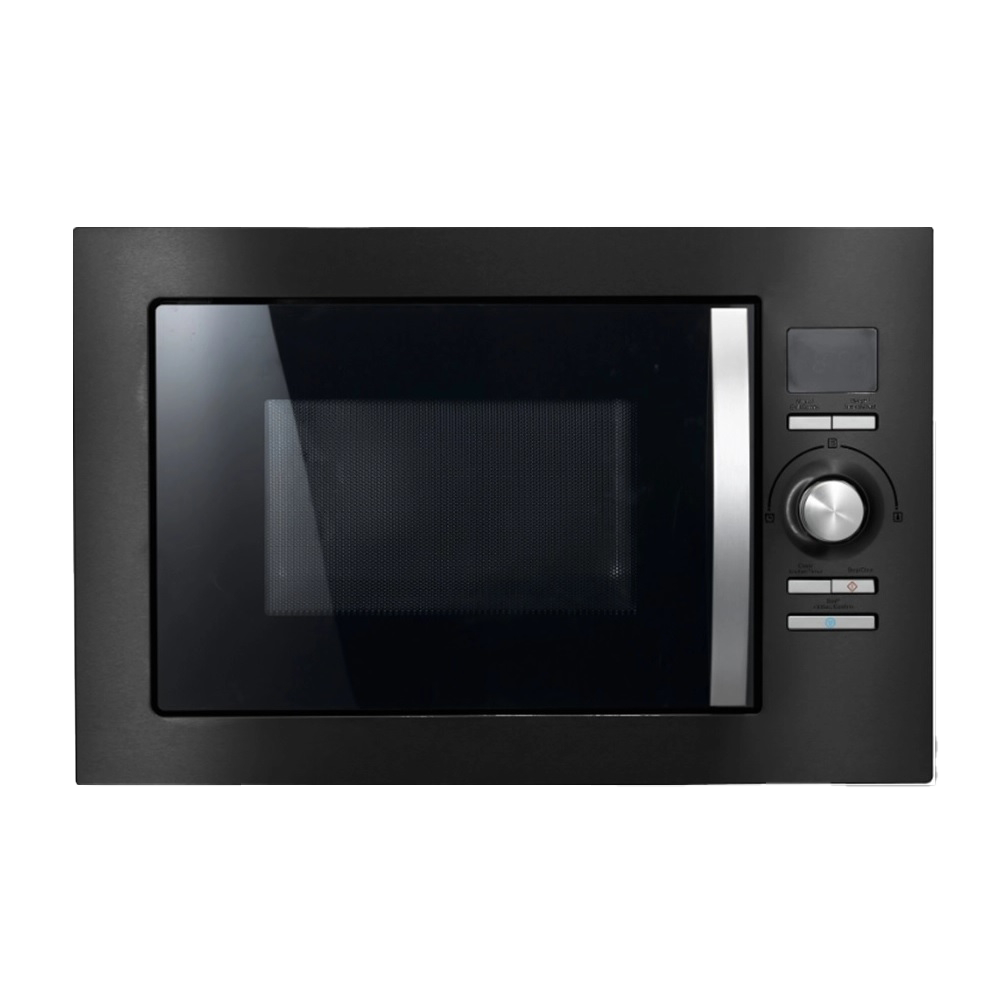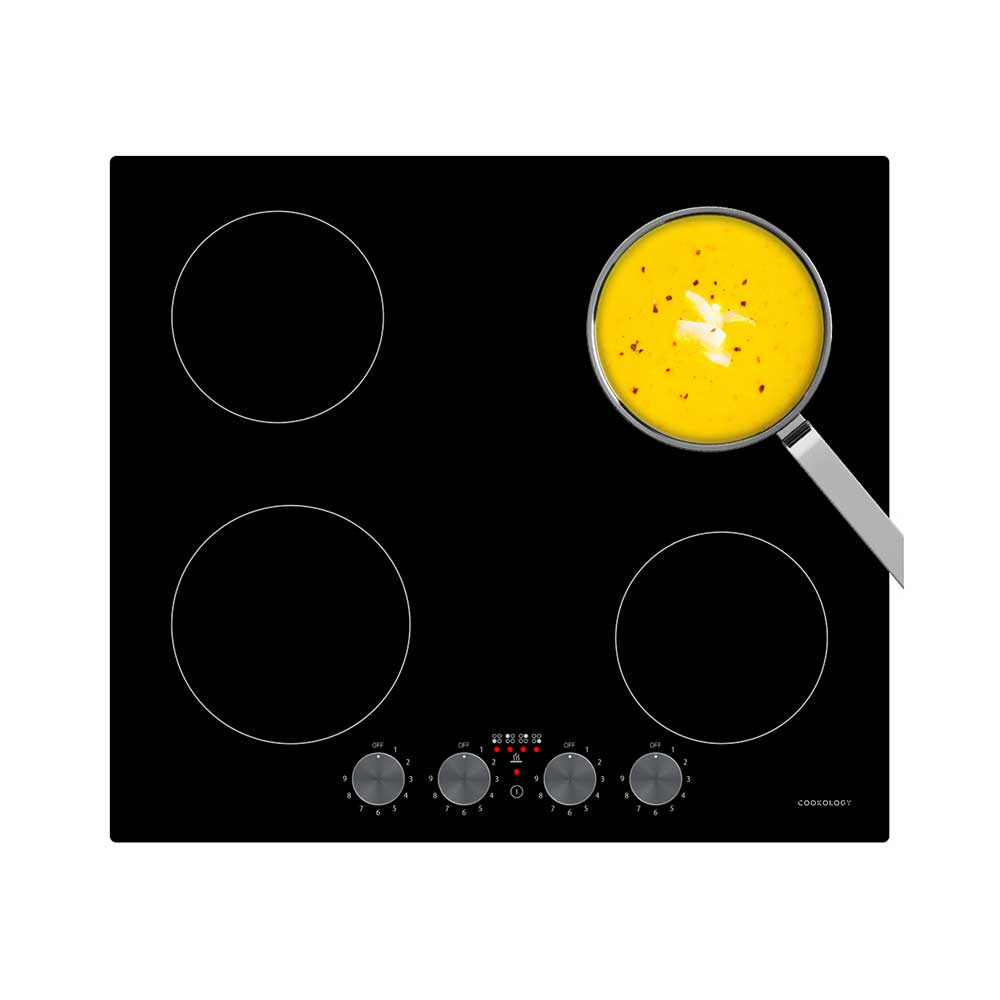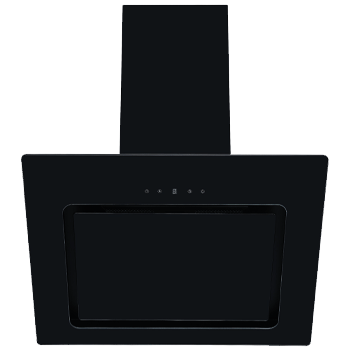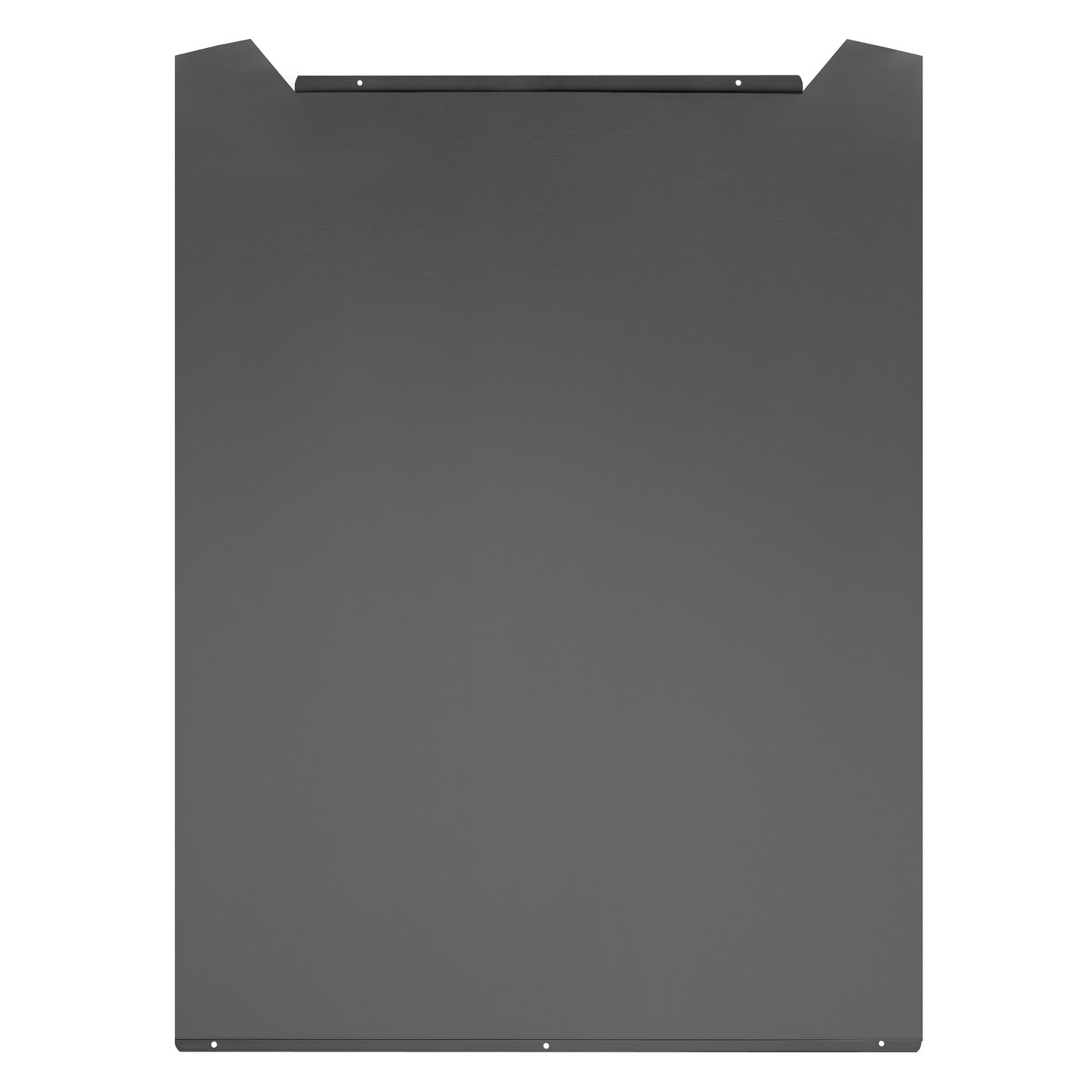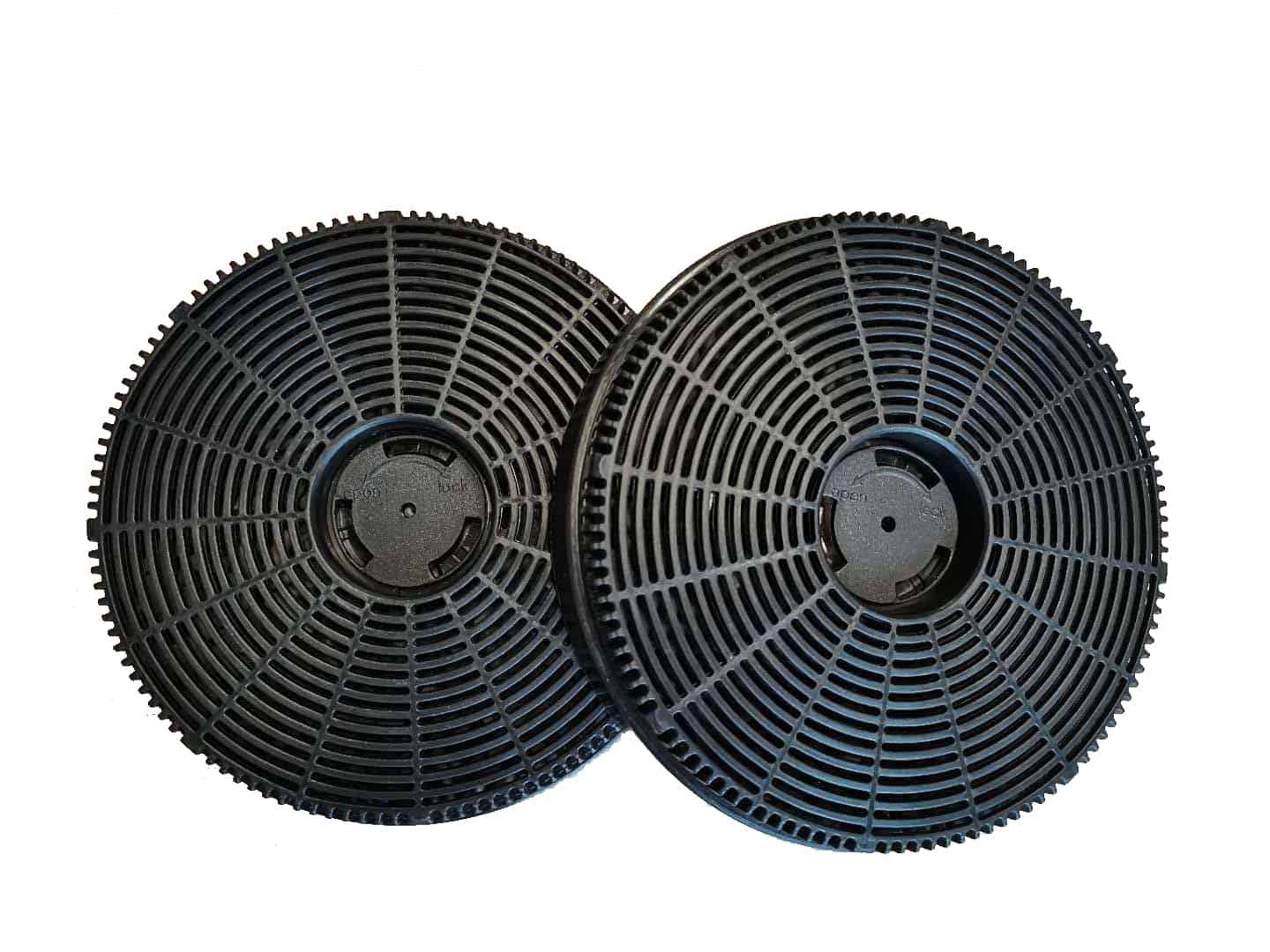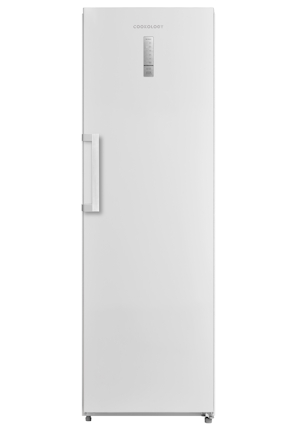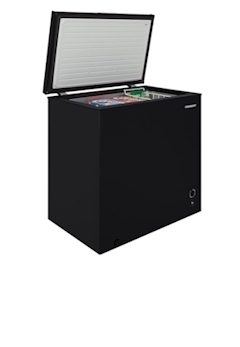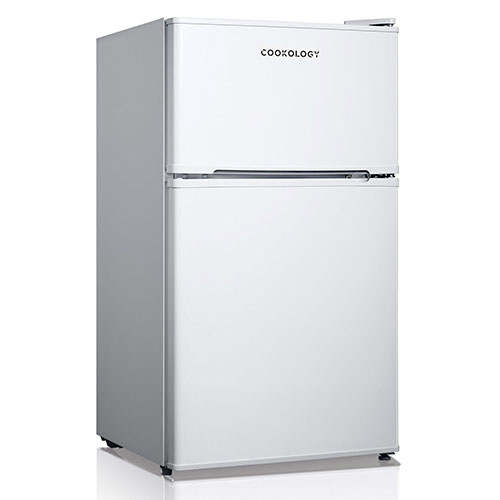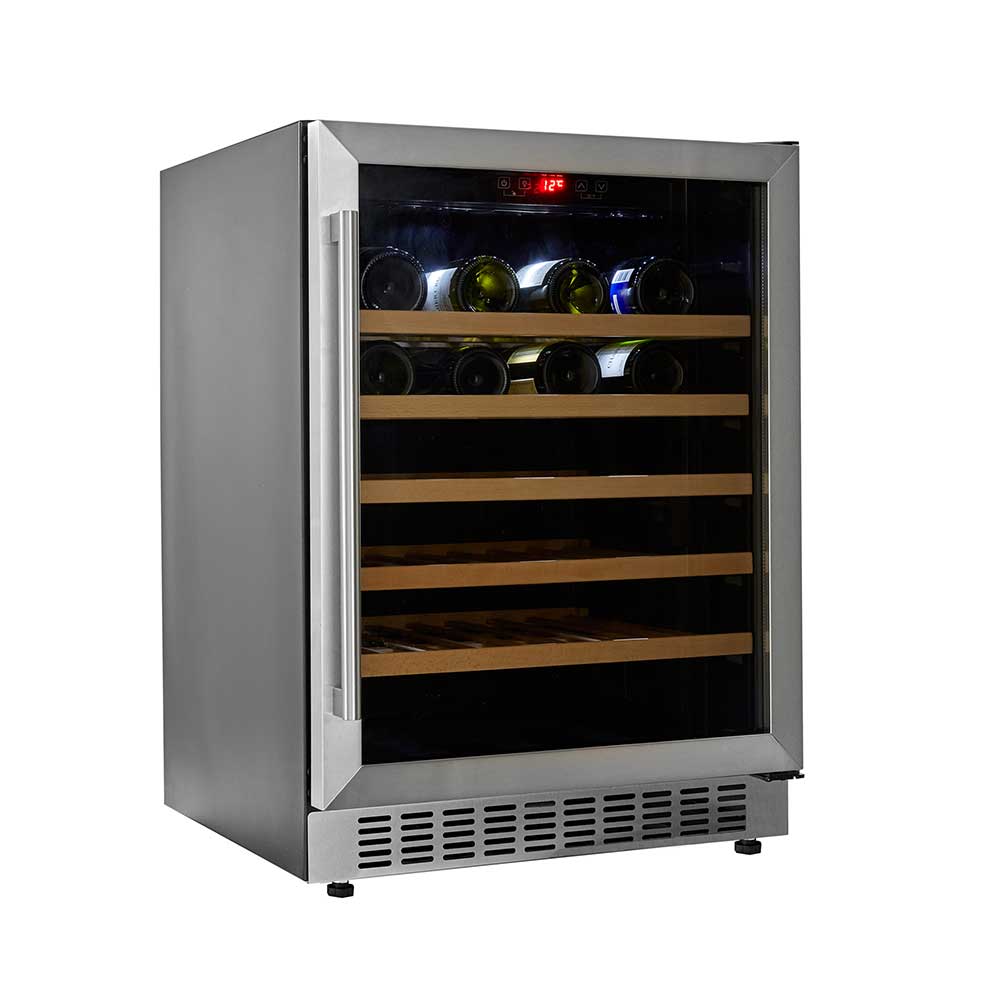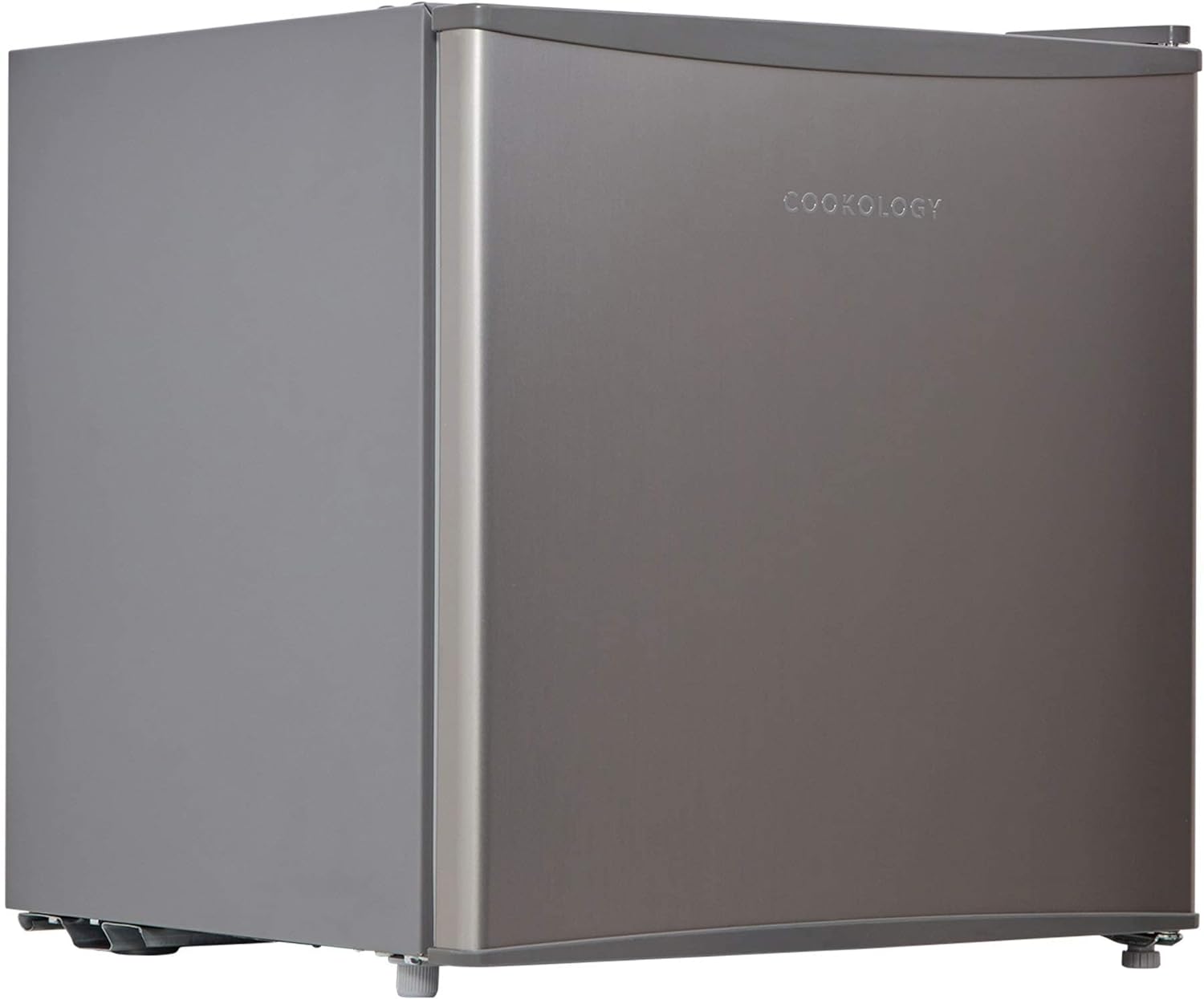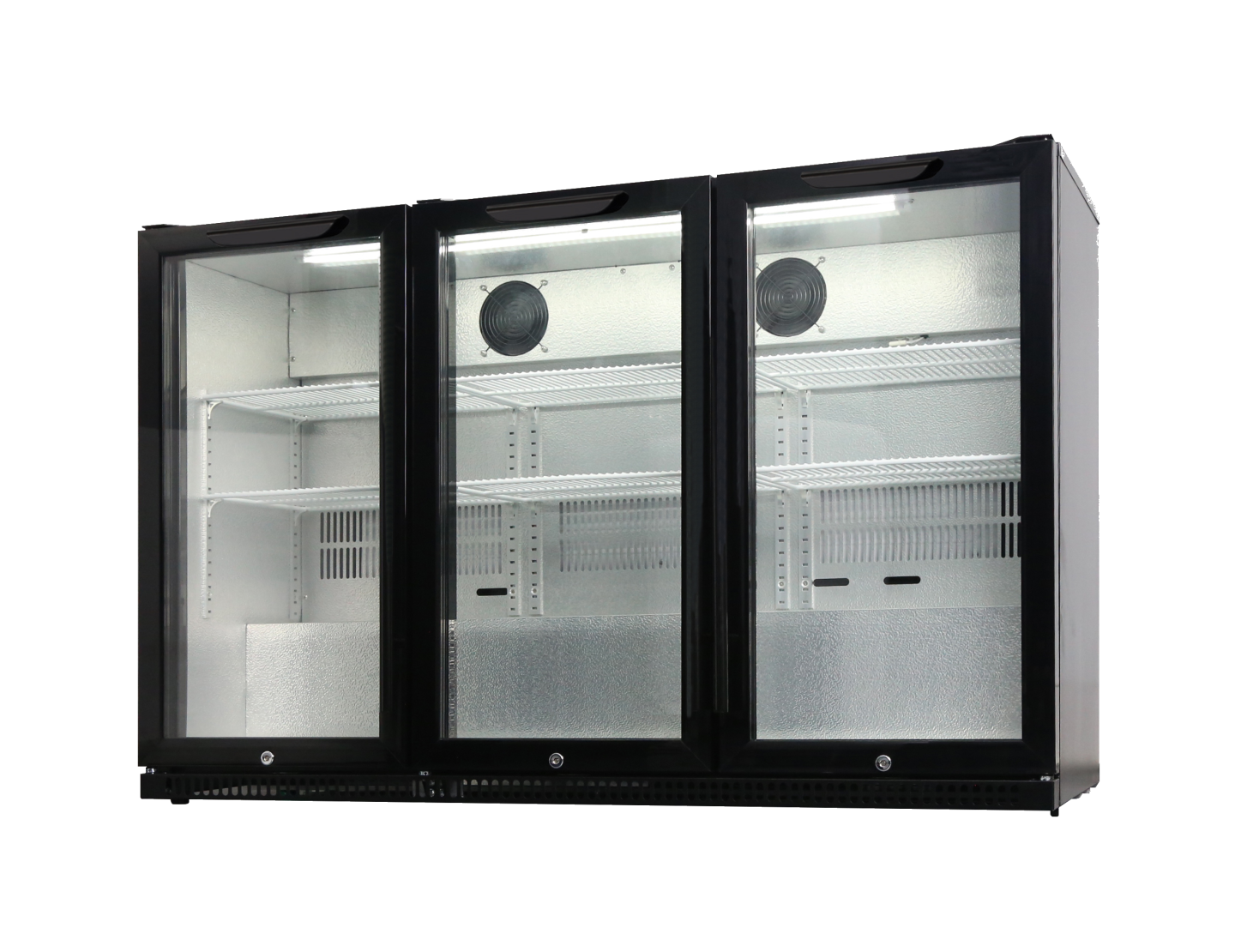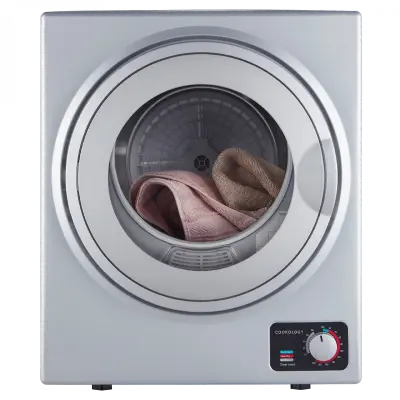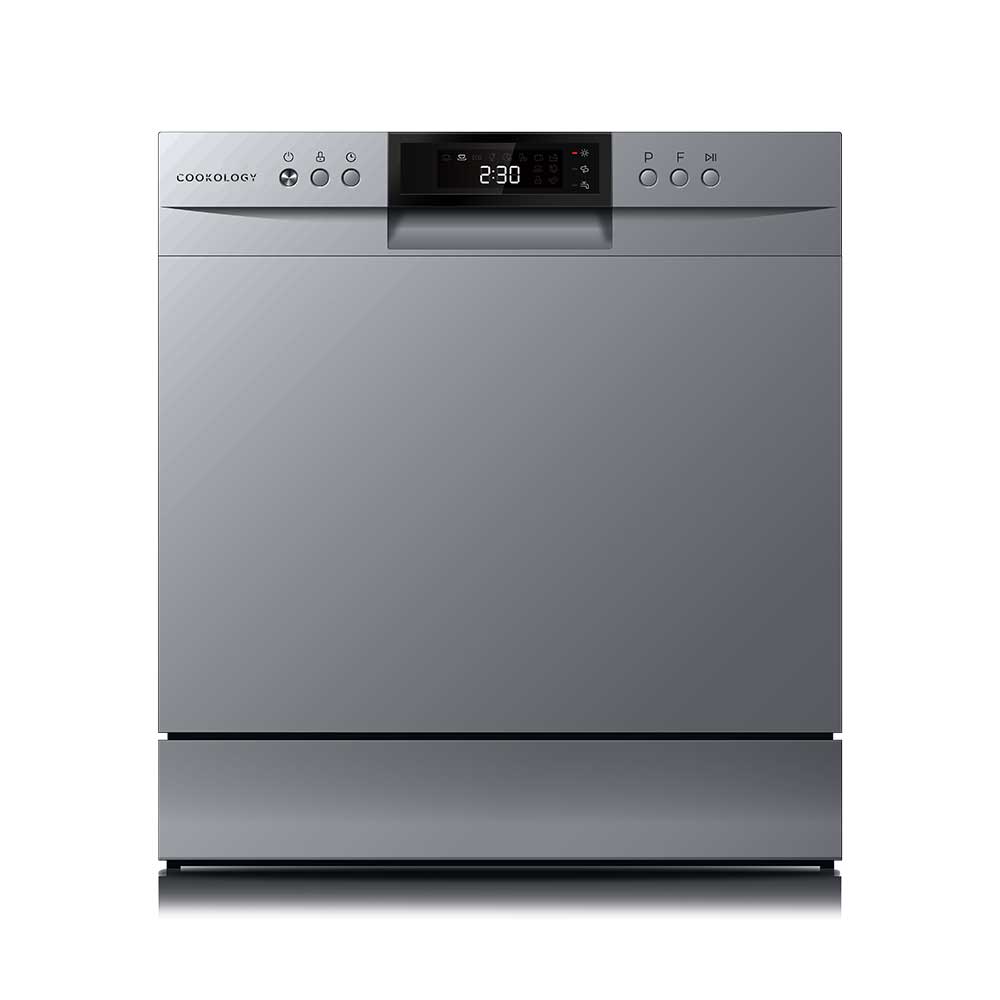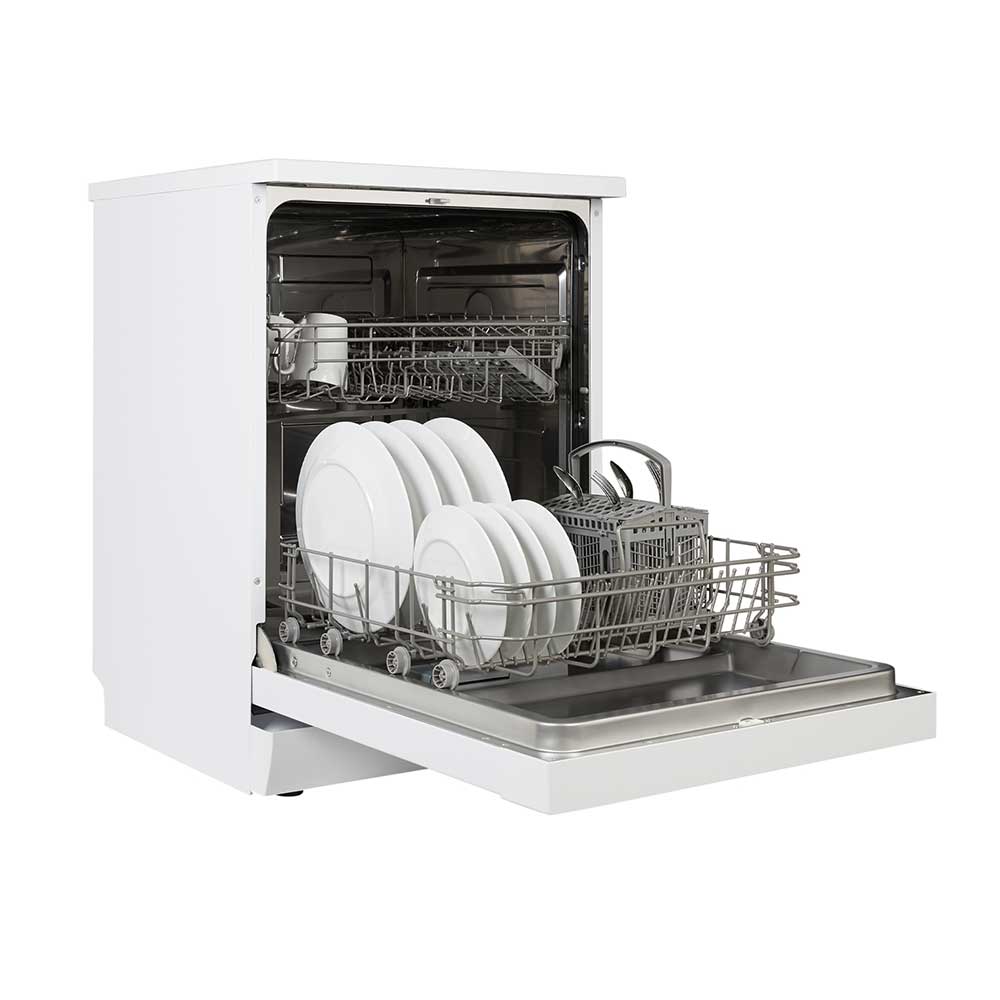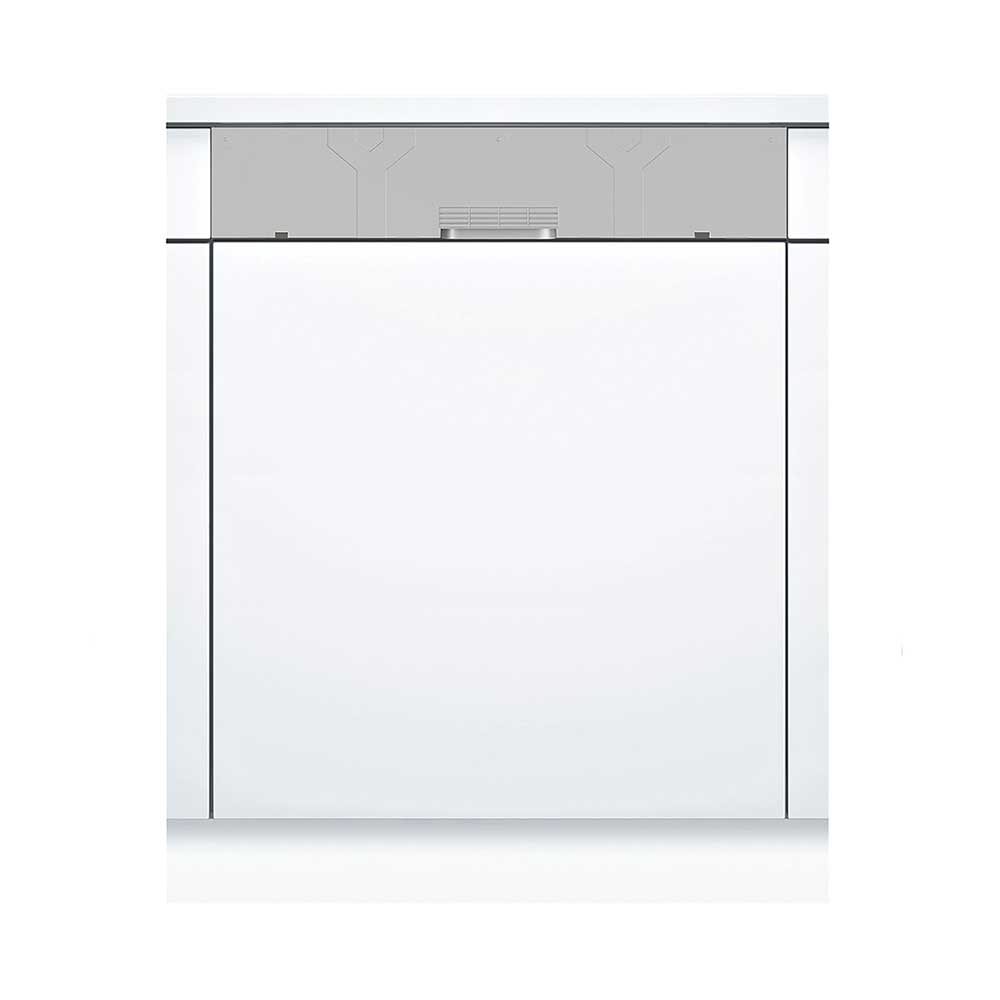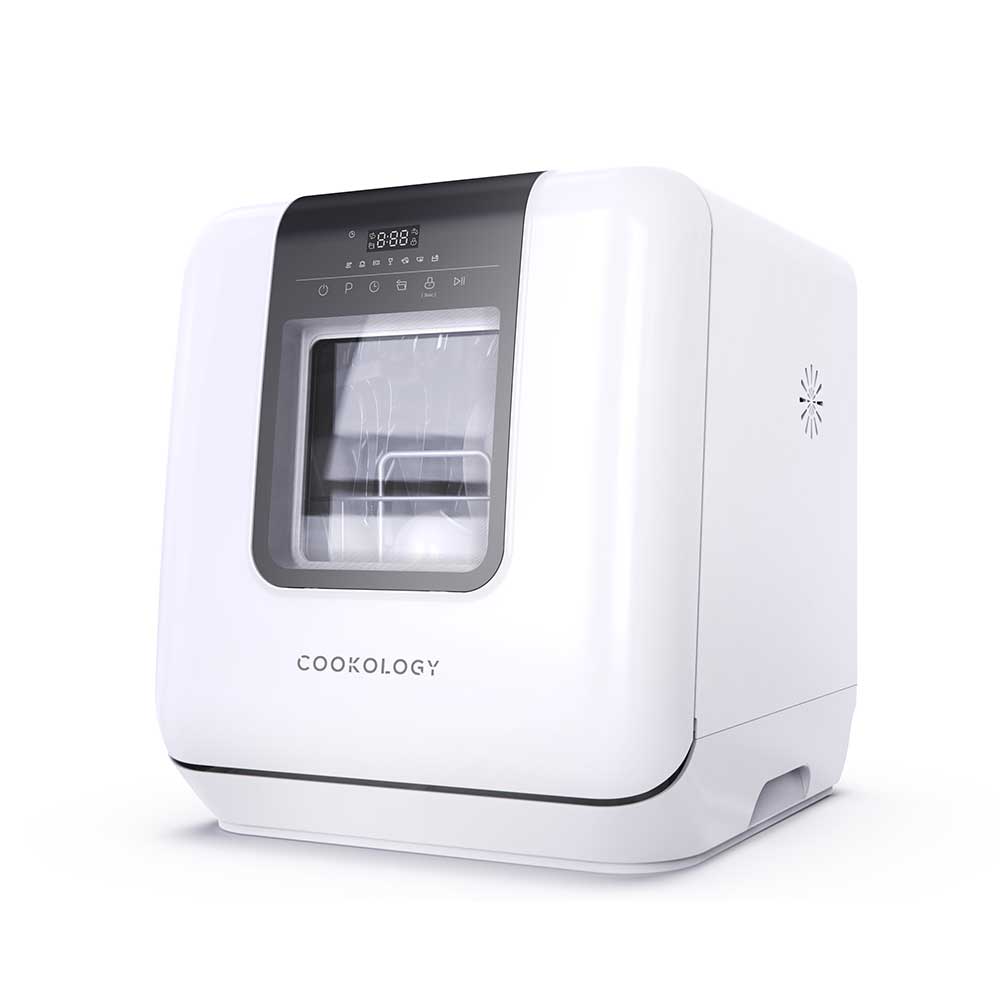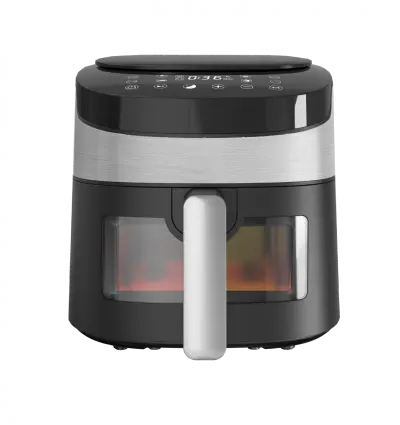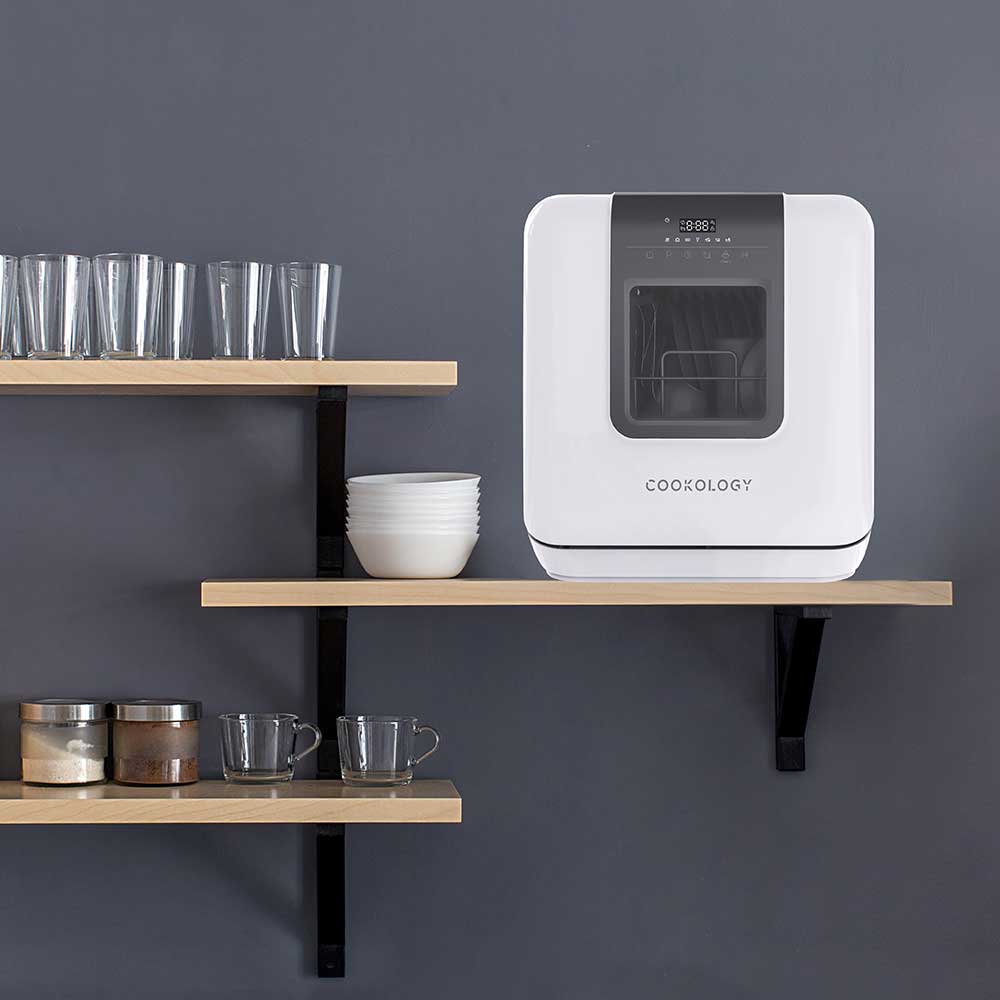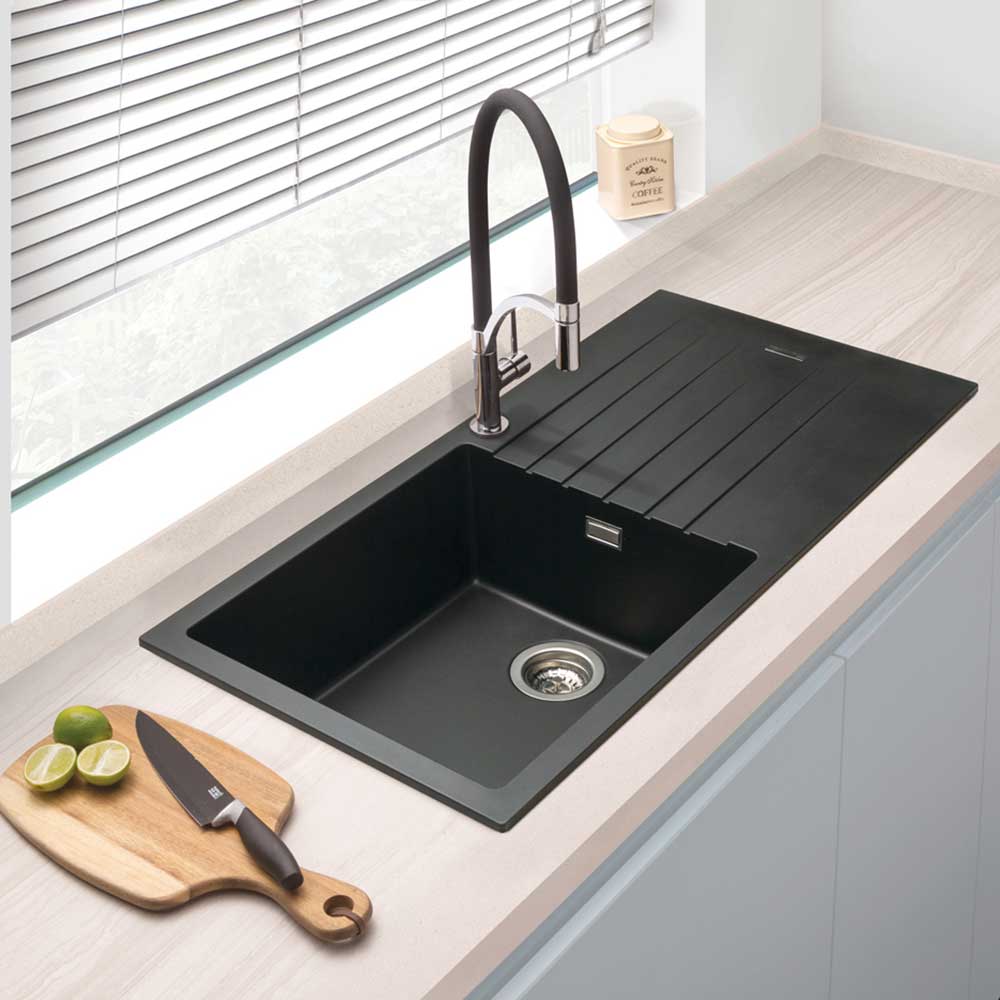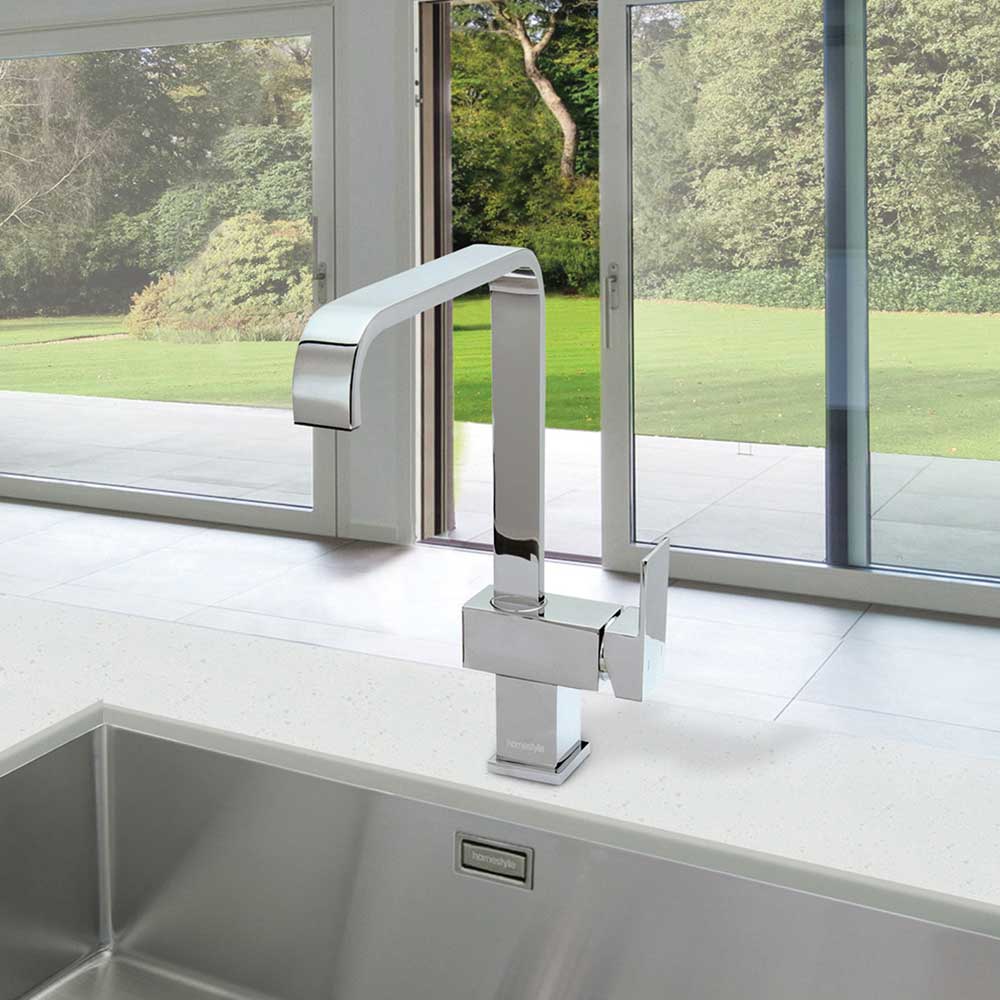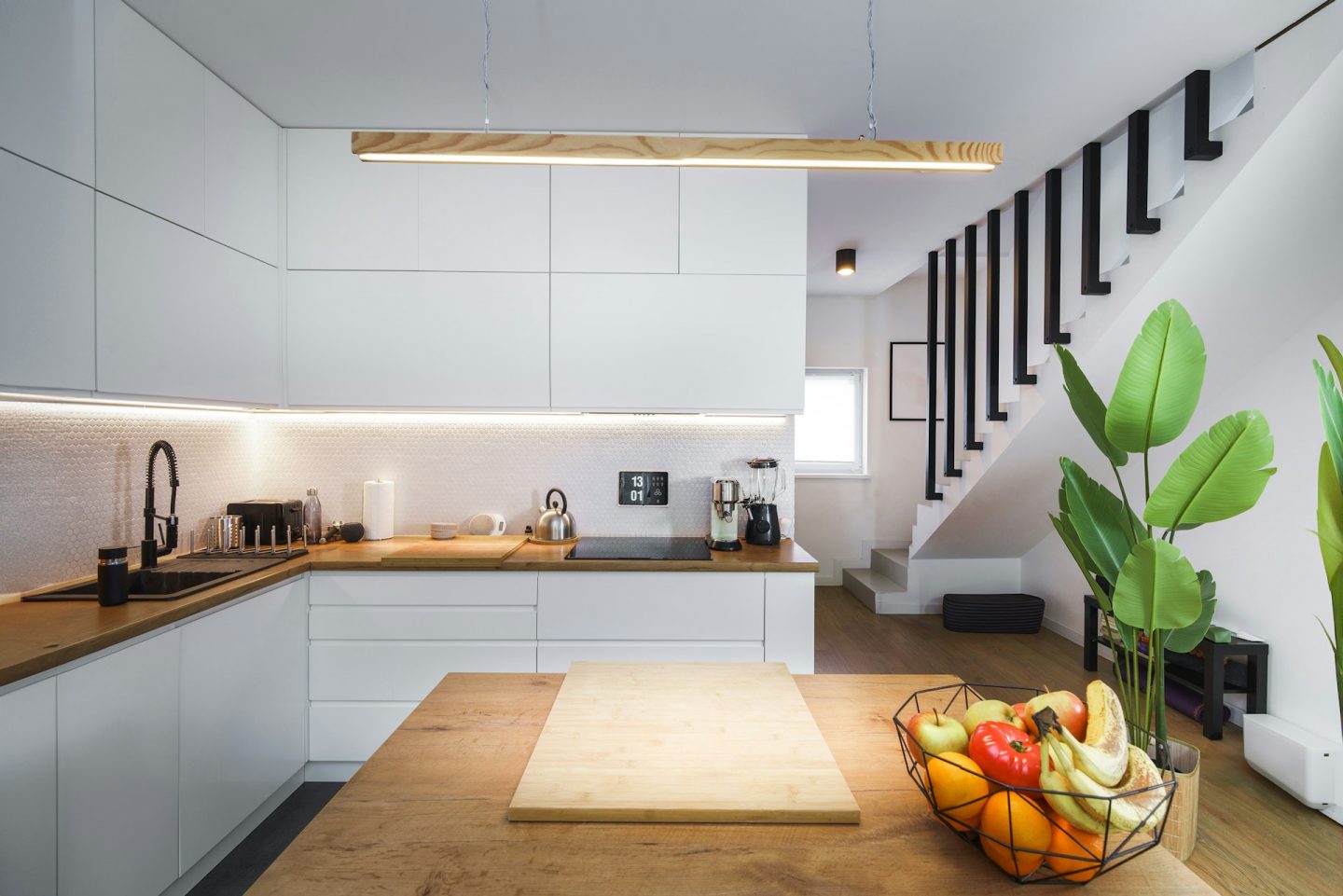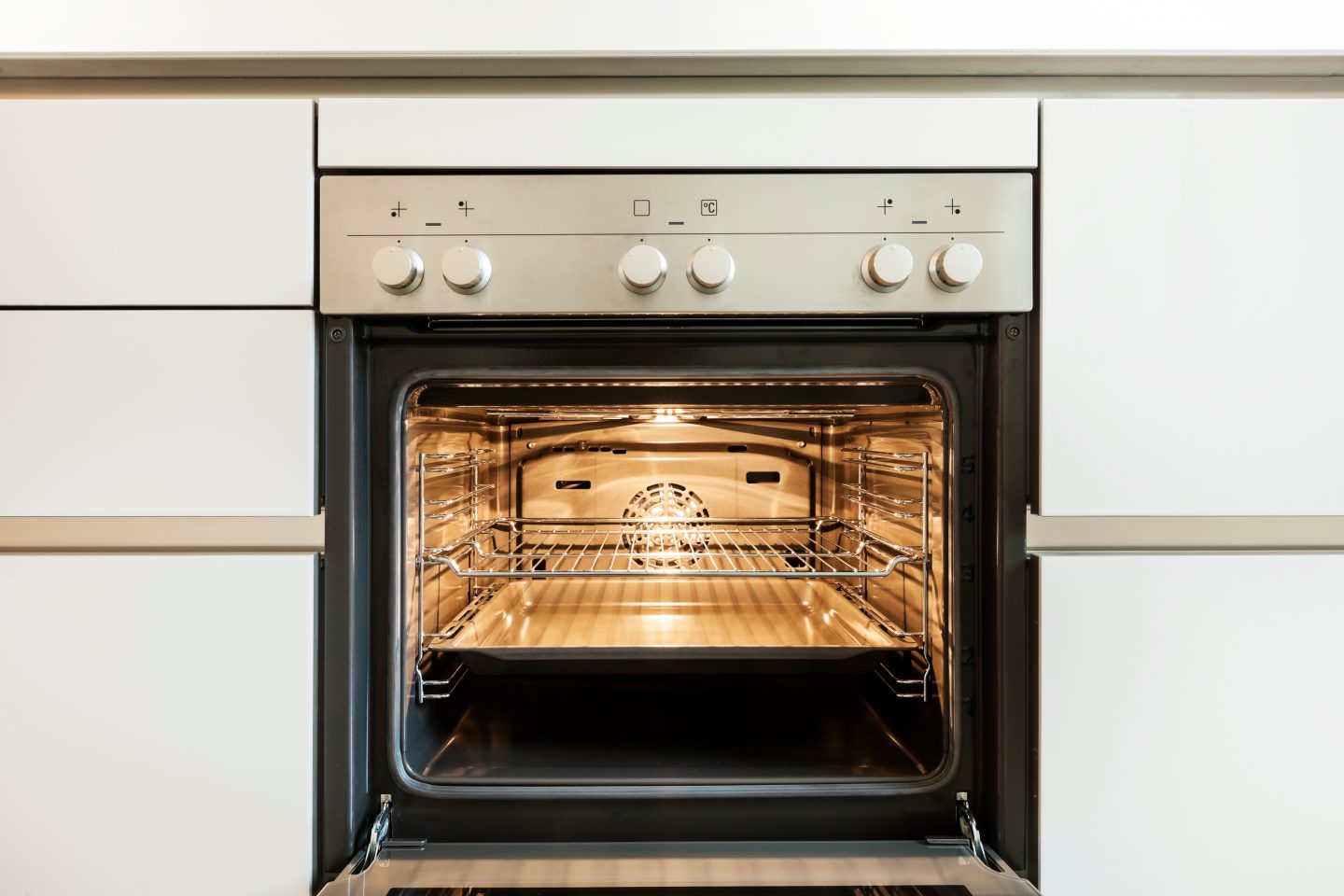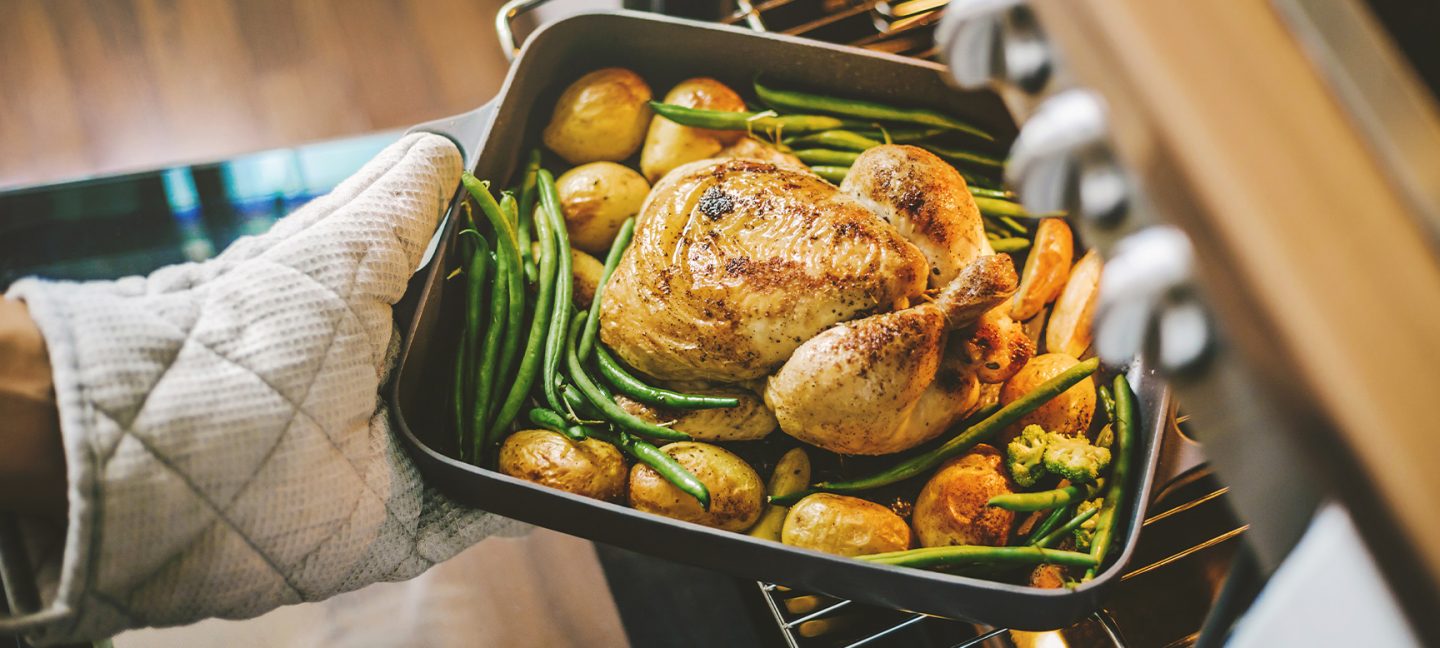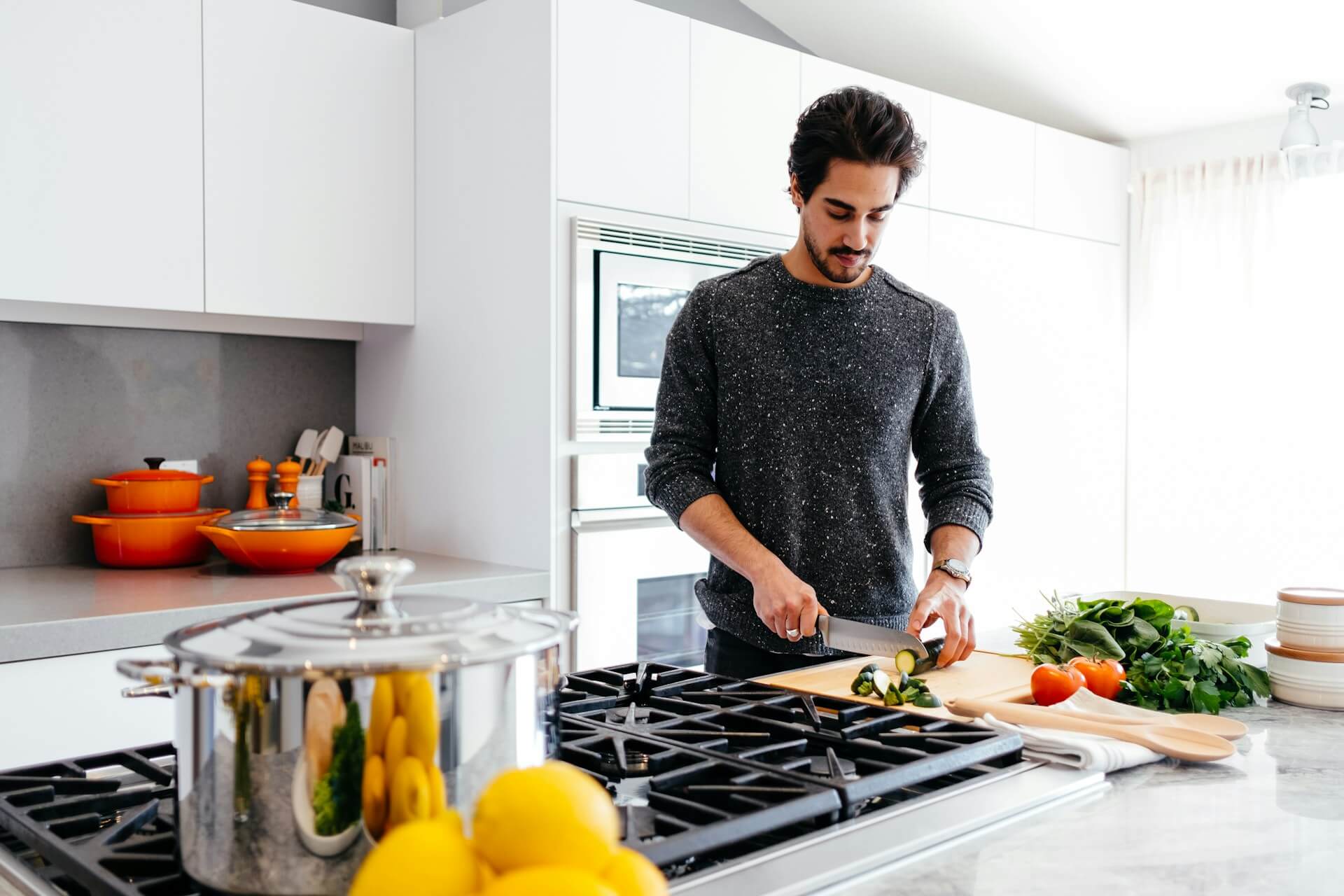We all like to save a little money where we can, and nobody wants to pay more for their energy bills than they need to. It’s much more fun to spend your hard-earned money on things like holidays, new clothes and fancy food, isn’t it?
So, what are your options – how can you save money on your energy bills? Assuming you’ve already tried shopping around for cheaper tariffs, there’s only one other way to bring your bills down: to use less energy.
That doesn’t have to mean leaving the thermostat on 10°C and going without hot food. There are plenty of ways to reduce the amount of energy you use, and the kitchen should be your first port of call. Why? Because it’s packed with appliances, all of which add up to make it one of the most energy-hungry rooms in the house. According to Greenmatch, kitchen appliances account for 17% of the average household’s electricity bill – and that’s before you’ve even taken into account your gas oven or hob.
So, when it comes to identifying energy savings, the kitchen is the perfect place to start – and, alongside the likes of dishwashers, fridges and freezers, ovens use more energy than most other appliances. Surely, switching to a more energy-efficient oven (or investing in an entirely different, more efficient cooking appliance) should bring your monthly bills down. Right? Let’s find out.
The cost of running an oven
To answer this question, let’s start by looking at the average running cost of an oven – and how much this can vary depending on which type, make and model you choose.
According to Which?, a typical electric range cooker costs £60 per annum to run. This falls to £58 for a built-in single electric oven, or £56 for an equivalent double oven. There’s more to the story than this, though; the most energy efficient ovens can cost as little as £42 per year to run, while the least efficient range cookers can set you back £89 in electricity each year.
That’s a huge difference. £47 per year (or £3.91 per month) might not sound like much, but when you factor in the life of the appliance, you could end up paying hundreds of pounds more to run your old, inefficient oven than you would to run a newer, more eco-friendly model. If you’re curious just how much energy your oven is using, the easiest way to check is with a smart meter.
You may have noticed that we’ve not mentioned gas ovens yet. That’s because, although they’re typically more affordable to buy, they’re not as efficient to run. So, if you’re serious about cutting down on your bills and currently have a gas oven, switching to electric should make a significant difference.
How to choose an energy efficient oven
Based on those statistics, it’s clear that not all ovens and cookers are created equal – there’s a big difference between different styles, makes and models. So, how can you tell which ovens will save you money and which won’t? The answer’s simple: by looking at the appliance’s energy efficiency rating.
Although most appliances are rated from A to G on an efficiency scale, ovens still use the older rating format which runs from A+++ to G. As you’d expect, A+++ models are the most efficient – but they’re also the most expensive in most cases.
Ultimately, you can choose to spend less on an oven at first and settle for one that’s less efficient, or spend more initially but enjoy cheaper energy bills – that’s the tradeoff. Here at Cookology, we offer a wide range of ovens that are A and A+ rated at affordable prices, bringing you the best of both worlds.
Energy-efficient cooking strategies
The cost of your energy bills won’t just vary depending on which oven you have, but how you use it. Here are a few tips to help you.
- Try batch cooking. By cooking your favourite dishes in larger batches and storing any remaining portions in your fridge or freezer, you’ll reduce the need to switch your oven on at all. Any leftovers can be reheated in the microwave or, depending on the dish in question, enjoyed fresh out of the fridge for lunch.
- Don’t open the door while your food is cooking unless you have to – each time you open the door, the oven has to work harder to regain the heat that escapes, wasting energy.
- Consider investing in ceramic or glass dishes as opposed to metal ones as they often hold more heat, giving your oven less work to do.
- If you have a fan oven, make sure you use the fan setting, as it can reduce cooking times noticeably.
Alternatives to oven cooking
So, you can get your hands on a more efficient oven and you can be smarter about how you use it, but there is a third way to bring your bills down: cooking without using an oven at all.
We’re not suggesting you stick your current oven on eBay and go without one entirely. Every kitchen needs an oven – it acts as the centrepiece of your cooking space and is a must-have for everything from cakes and bakes to glorious roast dinners and wholesome pasta dishes.
However, for quick and simple meals, ovens aren’t always necessary. A combi microwave or air fryer will often cook your food just as well as an oven but at a far lower cost. Let’s refer back to the statistics from Which? again. According to the consumer advice giant, an air fryer can cost as little as £16 a year to run – £26 less than even the most efficient electric oven. It’s no wonder they’re becoming so popular.
Explore our range of ovens online today
Ready to ditch your old oven in favour of a new, more efficient model and enjoy lower monthly energy bills? We’ve got you covered! Check out the complete range of Cookology ovens and order yours online today, with free nominated day delivery included.
